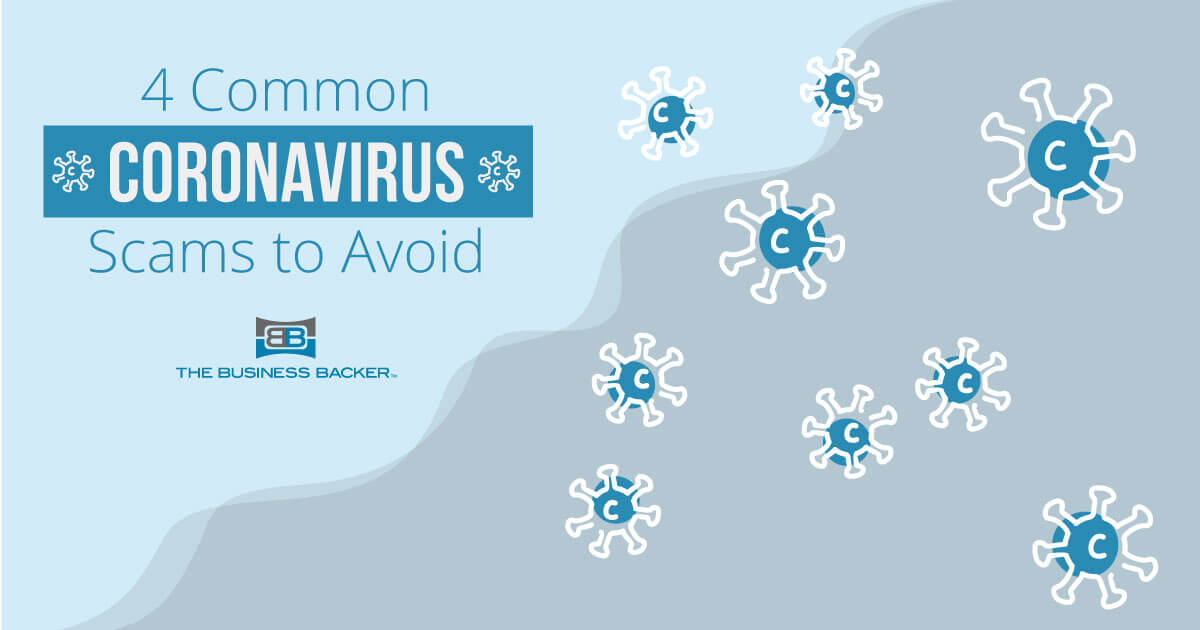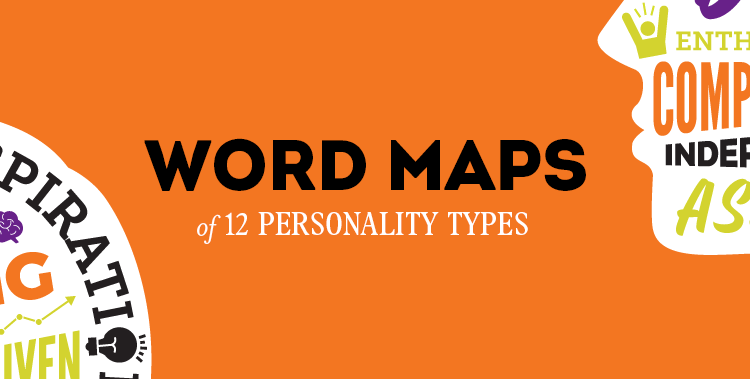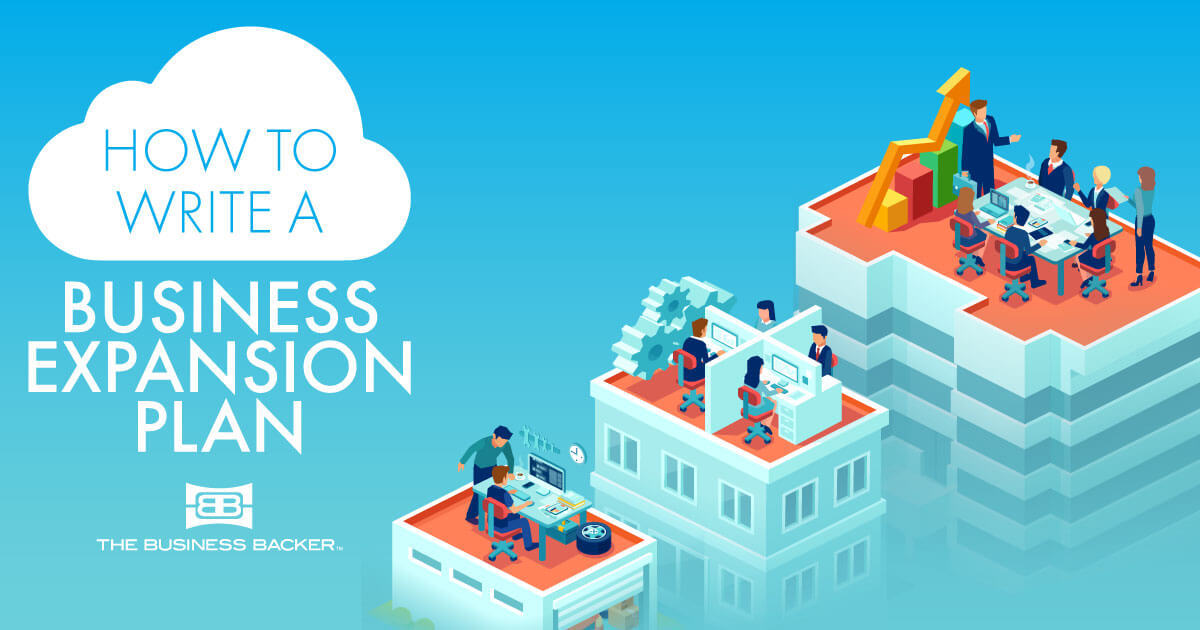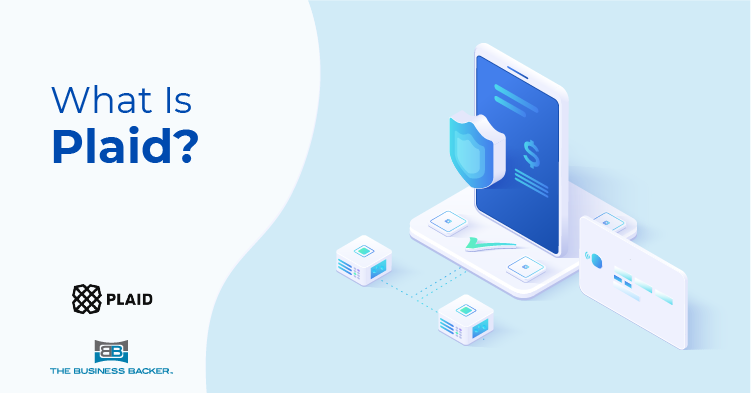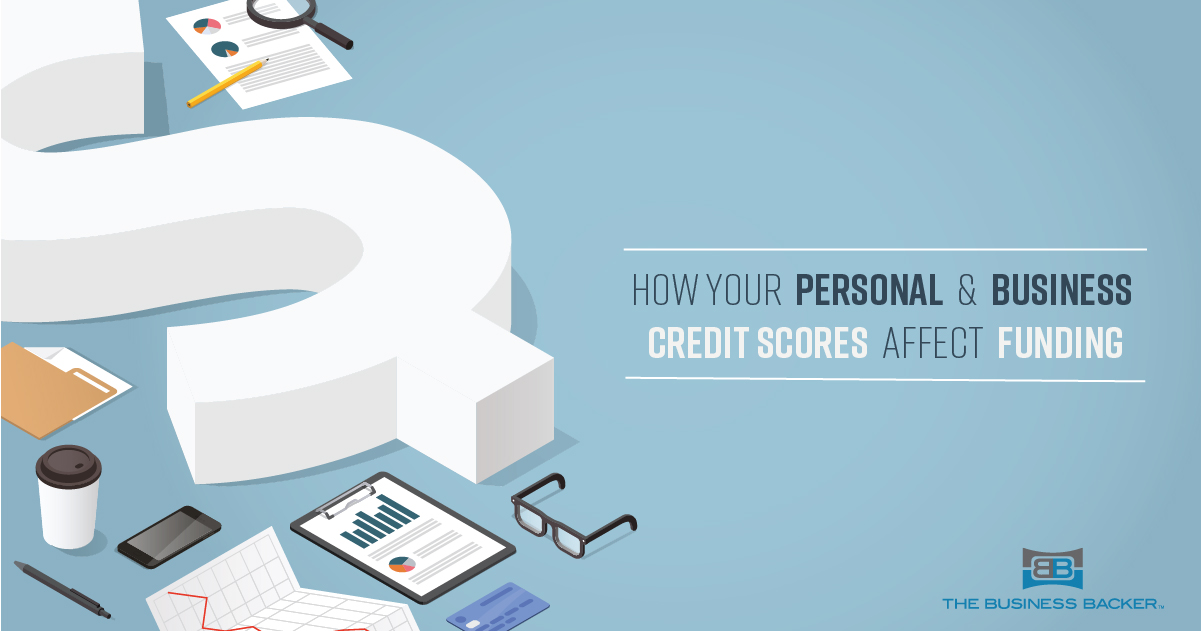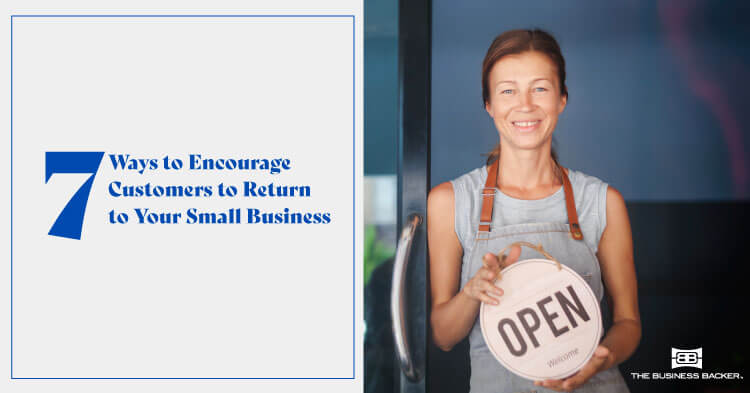Coronavirus Small Business Scams: How to Protect Yourself
While we take action through social distancing to protect ourselves, our employees and our communities against the spread of the coronavirus, there are less-than-scrupulous people out there taking advantage of our anxieties. The Better Business Bureau has reported an increase in scams involving small business owners as a result of the coronavirus. Unfortunately, the feeling of public concern and unease brought on by a pandemic provides the perfect platform for fraudsters to trick the average American.
Nevertheless, you do not need to feel helpless — there are things you can look out for and actions to take to avoid falling for a scam. We’ll help you identify some of the most common small business fraud scenarios and address what to do if you find yourself a victim.
What Scams to Look out For
1. Fraud and Your CARES Act SBA Loan
The Coronavirus Aid, Relief and Economic Security Act, commonly referred to as the CARES Act, includes $377 million in small business relief programs. Fraudsters are eager to get their hands on the funds promised by the EIDL and PPP loans. Here are some of the common scams aimed at getting your stimulus funds:
- Verify that any email communication comes from an sba.gov email address and that the application number referenced is consistent with your actual application number.
- Be wary of emails or phone calls from people that say they are “from the government” or the Small Business Administration (SBA). The SBA does not initiate contact for any type of SBA Loan (7a, disaster loans, grants, etc.). They may request your banking information to apply for the CARES Act small business loans — do not share it!
- If you are contacted by someone promising to fund your SBA loan, but require a “loan processing fee upfront,” suspect fraud.
- Look out for people who falsely claim to be from the SBA. They may ask you to download suspicious content or request personal information that you already provided in your application. Cross-reference any information you receive with information available on the SBA website.
2. False or Misappropriated Coronavirus-Related Charities
With millions out of jobs, healthcare workers risking their health to serve others and a shortage of key resources, many charities and crowd-sourced funding campaigns have popped up. These difficult times compel many people to give back where they can. Before you follow that kindhearted impulse, take these precautions to make sure you are not funding a scam instead:
- Unfamiliar with the charity? Check to see if they are listed on reputable sites like GuideStar or Give.
- Don’t just donate over the phone — check their website first. Scammers have also been known to call and inquire about a donation pledge you made previously that you “may not remember” — it may be a scam.
- A lot of GoFundMe or similar crowdfunding sites have been leveraged to support suddenly unemployed restaurant and entertainment venue staff. Unfortunately, it’s very easy to make up a fake fund that looks like it’s benefitting a cause you care about, but in reality, the funds are diverted elsewhere. Contact the manager or someone else from the organization outside of the crowdfunding platform (via phone, email, etc.) to confirm the fundraiser is legitimate.
3. Fake Testing Kits, Vaccines or Specialty Air Filters
At the time of publication, home testing kits or vaccines are not available. There are no such thing as air filters specifically designed to remove COVID-19 from the air in your house.
Testing is available through your local hospital (start with this self-checker from the CDC if you are experiencing symptoms of coronavirus), but these tests are not delivered to your home.
If you receive a call, text message or email offering to sell you any sort of coronavirus vaccine or at home testing kit, do not respond, and share the incident with the FTC as soon as possible.
4. Bogus Offers to Run Errands or Sell In-Demand Products
As we commit to sheltering in place guidelines, many will turn to delivery services for basic needs beyond food. The high-risk elderly community — one of the groups most encouraged to stay home — is also potentially not as techy-savvy or eager to use app-based. This group has been the target of scammers looking to make quick cash by asking for advanced payment for their services, only to never return with the promised goods.
If someone you don’t know offers to help, be cautious. Try to only use friends, family or friends of friends who can vouch for that person. If you do choose to order products online, make sure to purchase the items from a vendor you trust or have purchased from in the past to help ensure that the item you ordered is the item you’ll get.
What to Do If You’re a Victim of a Coronavirus-Related Scam
Because every situation is different, use your best judgement for how to approach the situation. Use the general suggestions below to help decide what you should do.
- If it is an attack on your personal information, contact the Federal Trade Commission (FTC) and file a claim so that they can start investigating the issue. Be sure to save your claim number — it will help you in the second step.
- File a police report with your local precinct for additional documentation.
- Collect and save any evidence you may have from the incident. That way, if the incident happens to have a negative impact on your score, you will be prepared to dispute the error with the credit bureau.
- If it is an attack on an SBA loan application, report it to the Office Inspector General online or call their hotline at 1-800-767-0385.
- Change your passwords on any personal account that may have been compromised. If you use the same password for other accounts, make sure to update those login credentials as well.
Resources
1FTC. (2020). FTC COVID-19 Complaints January 1, 2020 – April 7, 2020.
